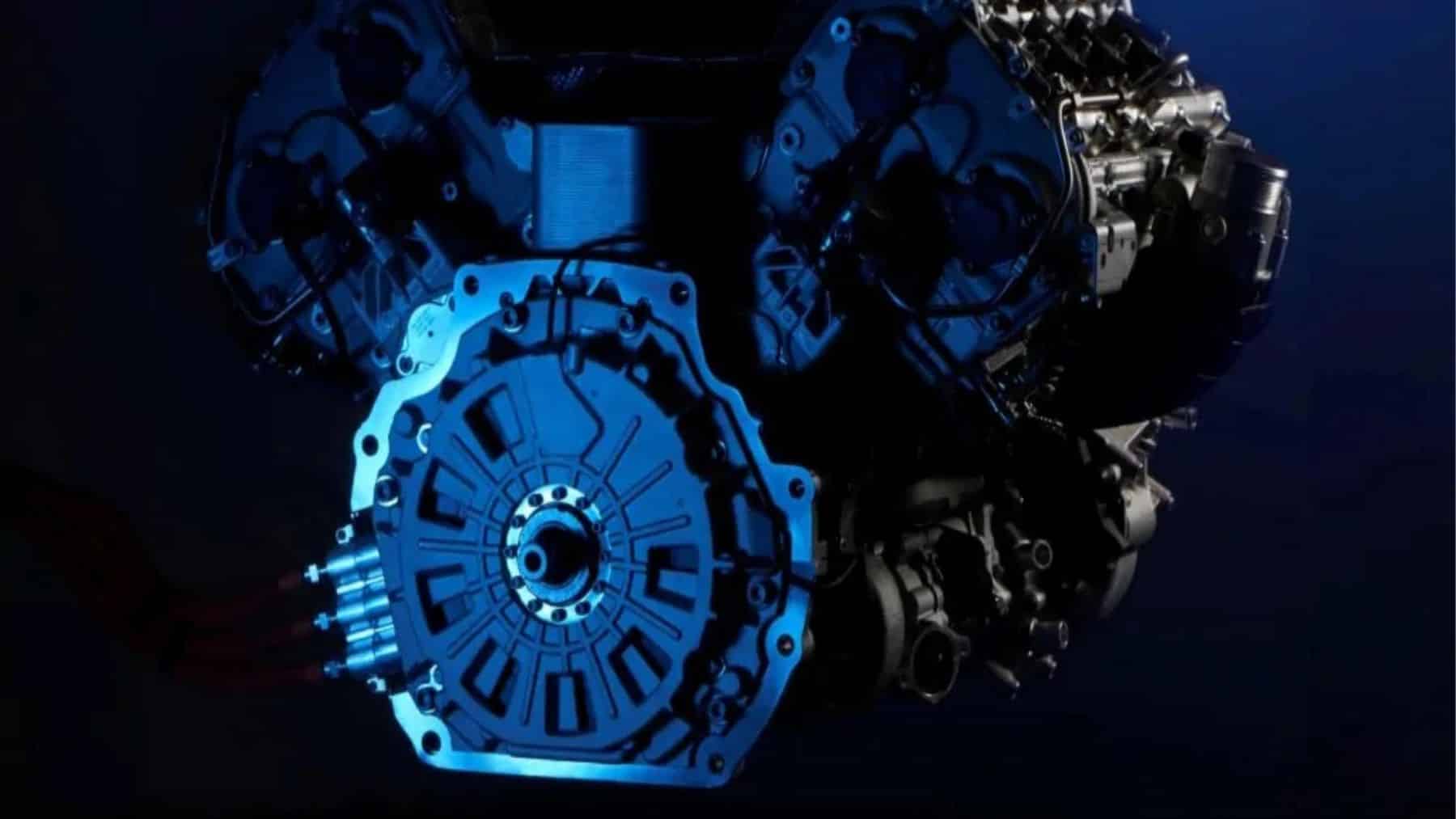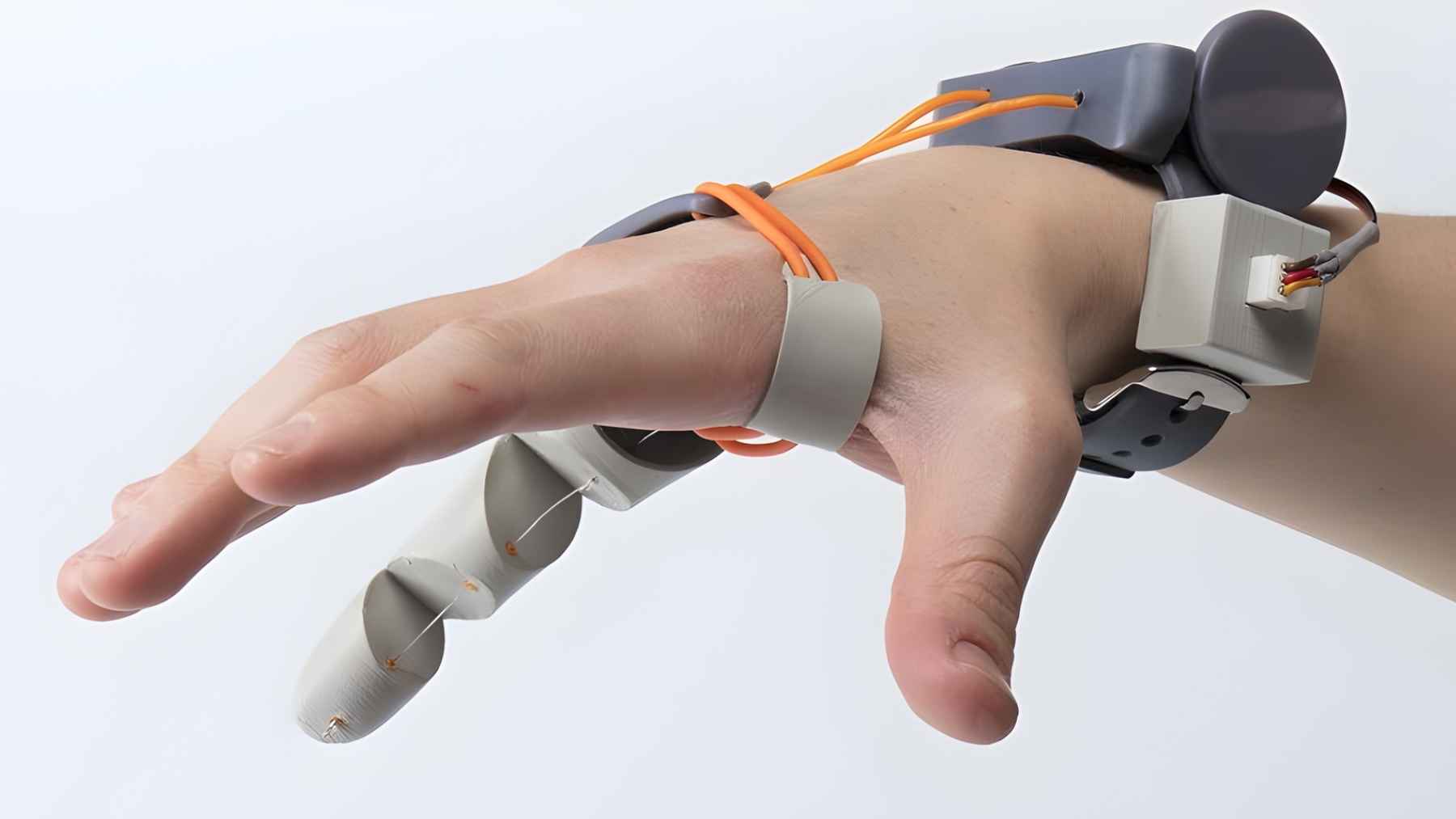New innovation in the transportation sector has been leading to the invention of futuristic alternative engine solutions. From electrical engine solutions, to more complex and niche biofuel engine solutions, automobile companies are working hard to transition their vehicles away from the internal combustion engine in order to move towards a more environmentally conscious world. Recently Lamborghini has teamed up with Mercedes-Benz to produce futuristic electrical engines.
The electric engine: The crux of the alternative engine sector
Electrical engines are by far the most dominant alternative engine solutions on the road. With pioneers like Tesla leading the way, nearly all major automobile companies offer some form of an electrical vehicle. From the consumer end, the plug-in hybrid electrical vehicles are the most popular route to go down when purchasing an electrical vehicle. Last year, global sales of electrical vehicles increased by 25% compared to 2023. This highlights the rapid growth of the industry, and how consumers and becoming more adapted to towards giving up the internal combustion engine.
While electric engines dominate the road, other automobile companies have been exploring the potential of hydrogen engines. These engines are fast becoming a complement to the electrical engine. Using fuel-cell technology, they release zero emissions, and are being seen as an option to add to automobile companies’ line up of renewable engine offerings. Toyota in particular has been leading the way, solidifying themselves as experts in hydrogen engine production.
Lamborghini owes it to Mercedes-Benz
Lamborghini, an iconic sportscar company, owes a large portion of their upcoming V-8 Temerario’s, a new plug-in hybrid sports car, engine to Mercedes-Benz. Mercedes acquired British company Yasa in 2021. Yasa has been producing innovative electrical engine solutions on the road, and their advanced axial flux electric motors have played a key role in Lamborghini’s electrical vehicle model lineup. Not only are they exceedingly light and powerful, but also produce twice the torque of traditional electrical engine designs. The V-12 Revuelto also features an electrical engine from Yasa,
Mercedes themselves has yet to feature these engines in their own vehicles, however, they have announced plans to incorporate the engine into their upcoming electrical vehicles which have yet to be released.
“To see our collaboration flourish so early, first with the development of the e-propulsion system for the Revuelto V12 hybrid hypercar and now the next-generation YASA electric motor design for the Temerario V8, is simply thrilling,” Yasa’s Managing Director Graeme Cook said. “But this is just the start of our partnership with Lamborghini – our intent is to continue to push engineering boundaries and challenge design norms.”
Lamborghini has no plans to pursue hydrogen
While Lamborghini has been continuously developing their electrical engines, they company has stated that they have no immediate plans to diversify their alternative engine solutions with hydrogen. Currently, they have largely focused on hybrid technology, however, by 2030 they have plans to go fully electric:
“For the more daily useable car, we still believe that, from the 2030s onwards, going full electric, like we showed with the Lanzador [electric concept car] at Pebble Beach last year,” said CEO Stefan Winkelmann. “This is our strategy.”
According to reports by Motor 1, the decision to stick to hybrid electrical engines is due to Lamborghini wanting to have a sufficient transitionary phase over the next decade before going fully electric in order to give consumers time to get used to the idea of giving up the internal combustion engine:
“I’m super happy with our current lineup, because with a hybridized lineup, we can live for the next decade,” CTO Rouven Mohr told Motor1. “But I also believe Lamborghini needs to have the transition [to electric power], because it’s only a question of time when the mindset will change.”
Lamborghini’s continued innovation and collaboration with other automobile companies is sure to set them up for a successfully transitionary effort towards embracing fully electric cars.














